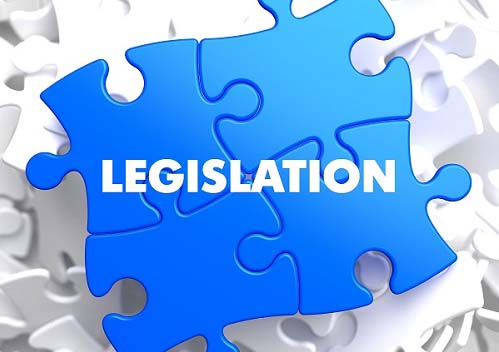
BACKGROUND
The Wrongs Act 1958 (Vic) (“the Act”) is the principal legislation in Victoria that applies to common law claims for damages for personal injury in cases other than workplace injuries or transport accidents.It is the legislation that applies to accidents in public places and medical negligence.Where negligence is established compensation can be awarded for the injuries sustained.
The Act had been amended considerably in 2003 to limit public liability claims and medical negligence claims in a number of ways. Some of the changes, however, created significant inequities when compared to the compensation available to person injured at work or in a motor vehicle.
Those inequities have been addressed by amendments that will now take effect. The amendments address:
- Who can qualify for compensation for pain and suffering where a person has suffered a spinal injury or a psychiatric injury
- Increases the amount that can be awarded for pain and suffering
- Allowing for greater award for loss of income
- Allowing compensation for the loss of the ability to care for others in certain situations
The changes apply both going forward and back in time. This is important especially for those who have not previously been able to access compensation for spinal and psychiatric injuries. If you have previously been told that you do not meet the thresholds, it is recommend that you now revisit your entitlement to compensation.
You may have a valid claim now.
WHAT ARE THE CHANGES?
Spinal Injuries
Perhaps the most beneficial change is for those who have sustained spinal injuries. New law has lowered the current threshold for those seeking compensation for a spinal injury. The lowered threshold will allow greater access for pain and suffering compensation for those with a neck or back injury. The law will apply forward and backwards, if you have been previously told that your neck or back injury does not meet the threshold required to access compensation you may now finally be entitled to your compensation.
And now is the time to act.
Psychiatric injuries
- A similar change has occurred for psychiatric injuries, where the threshold for access for pain and suffering compensation has been lowered.
- If you still suffer from the primary effect of being in an accident – flashbacks, ongoing fear or phobias, dreams, for example, then you may be able to access compensation now.
PAIN AND SUFFERING COMPENSATION
- The highest amount that can be awarded has now been increased to $577,050.00.
- That increase now makes this award consistent with that give to those injured at work or in a motor vehicle accident.
Income Compensation
- The legislation previously penalised high income earners and the amendments have now taken away the penalty.
- High earners will now receive compensation for lost income that more fairly reflects their loss due to their injury.
Loss of Capacity to Care for Dependents
- The Act has re-introduced damages for a loss of capacity to care for dependents in certain circumstances. It also expands upon what a dependent is and now includes unborn children as dependents.
- Rightfully, the amendments recognise the affect and financial burden injuries to parents or carers can have on families and dependents.
SUMMARY
- If you have been injured in an accident in a public place, now is the time to revisit your rights to compensation.
- You can do so even if in the past you have been told you do not meet the “Threshold” for your spinal or psychiatric injury.
- Now is the time to act.
 Call Us Today
Call Us Today



